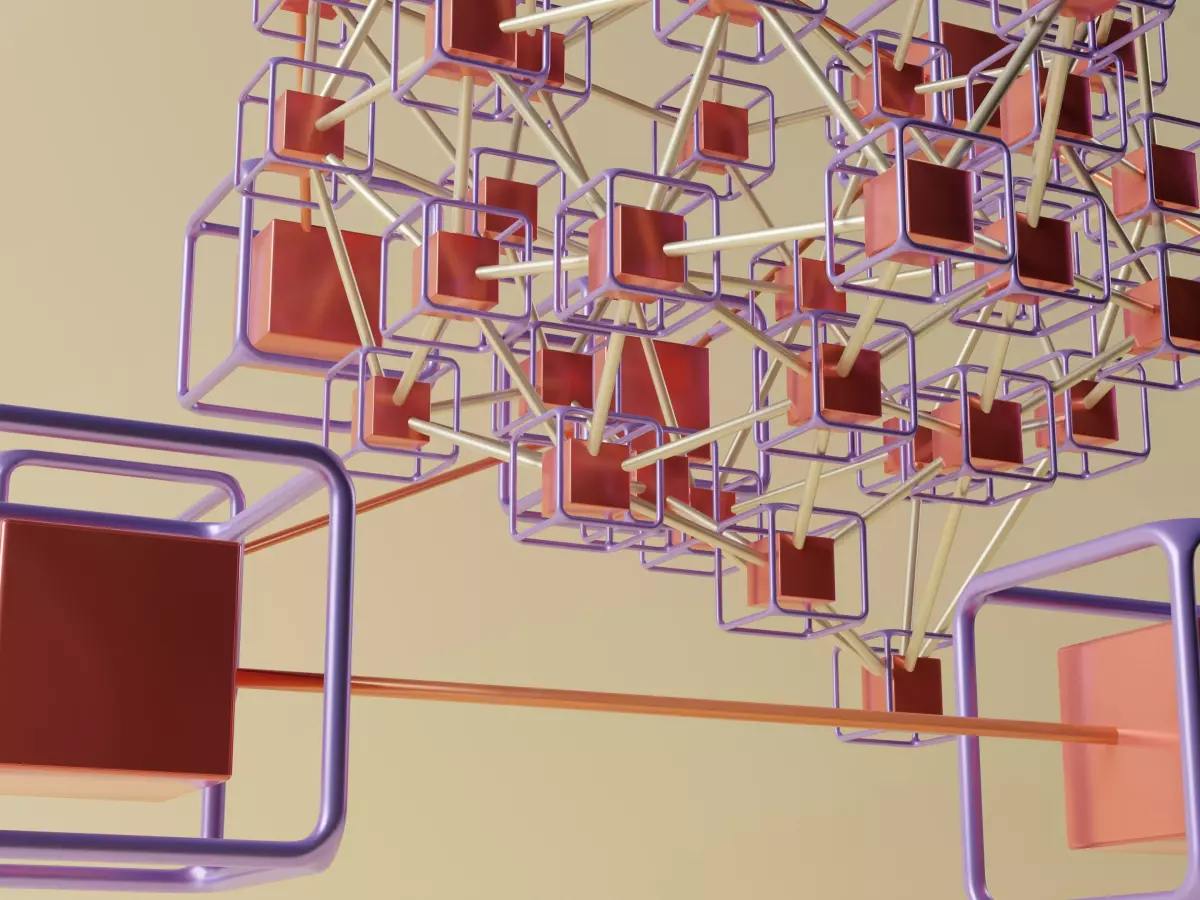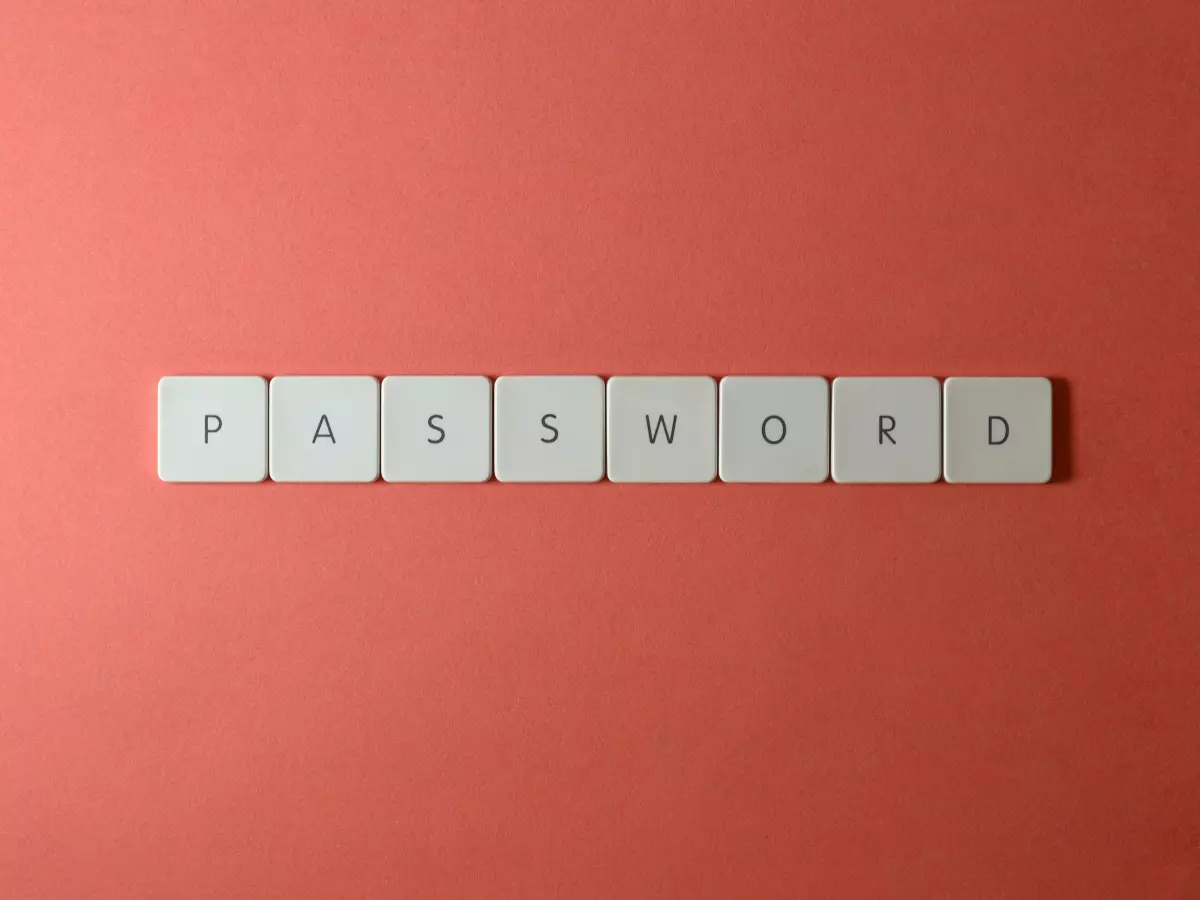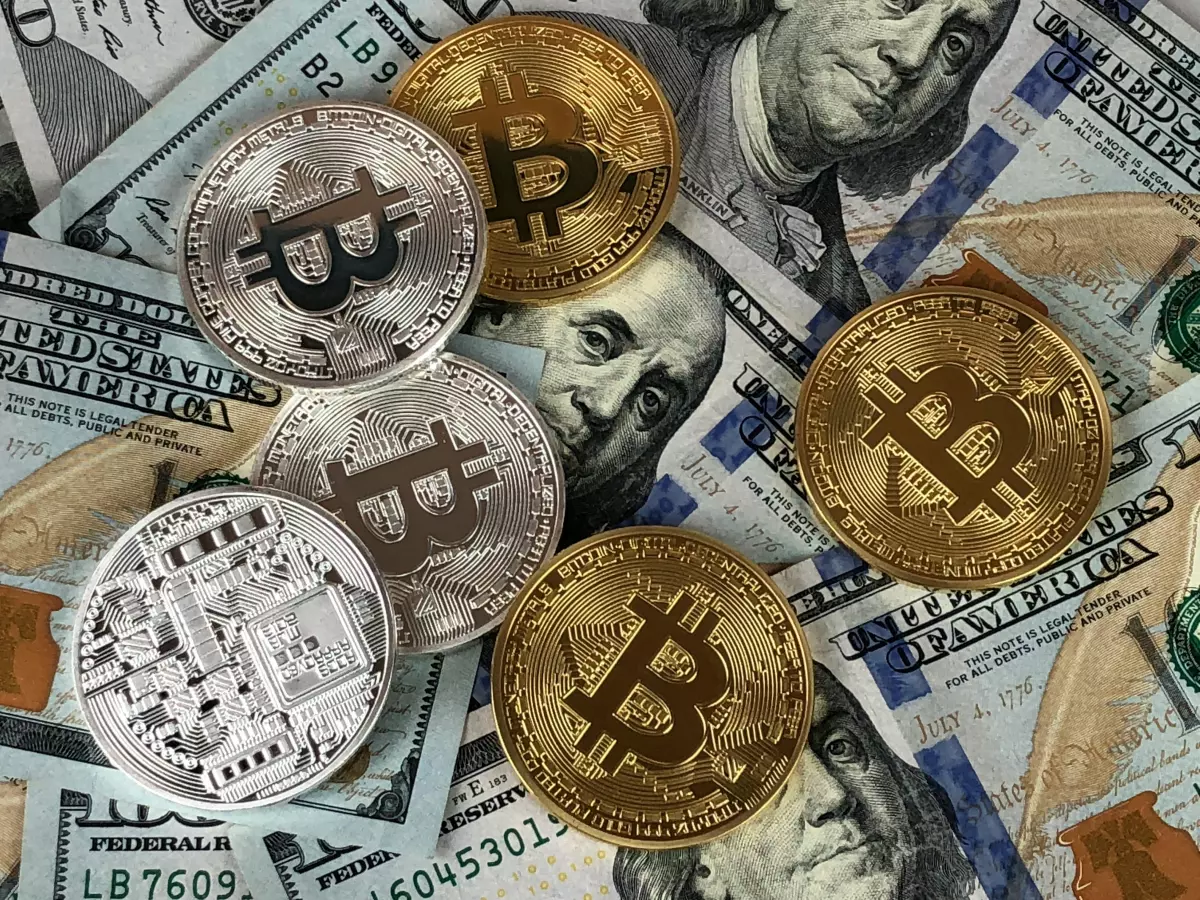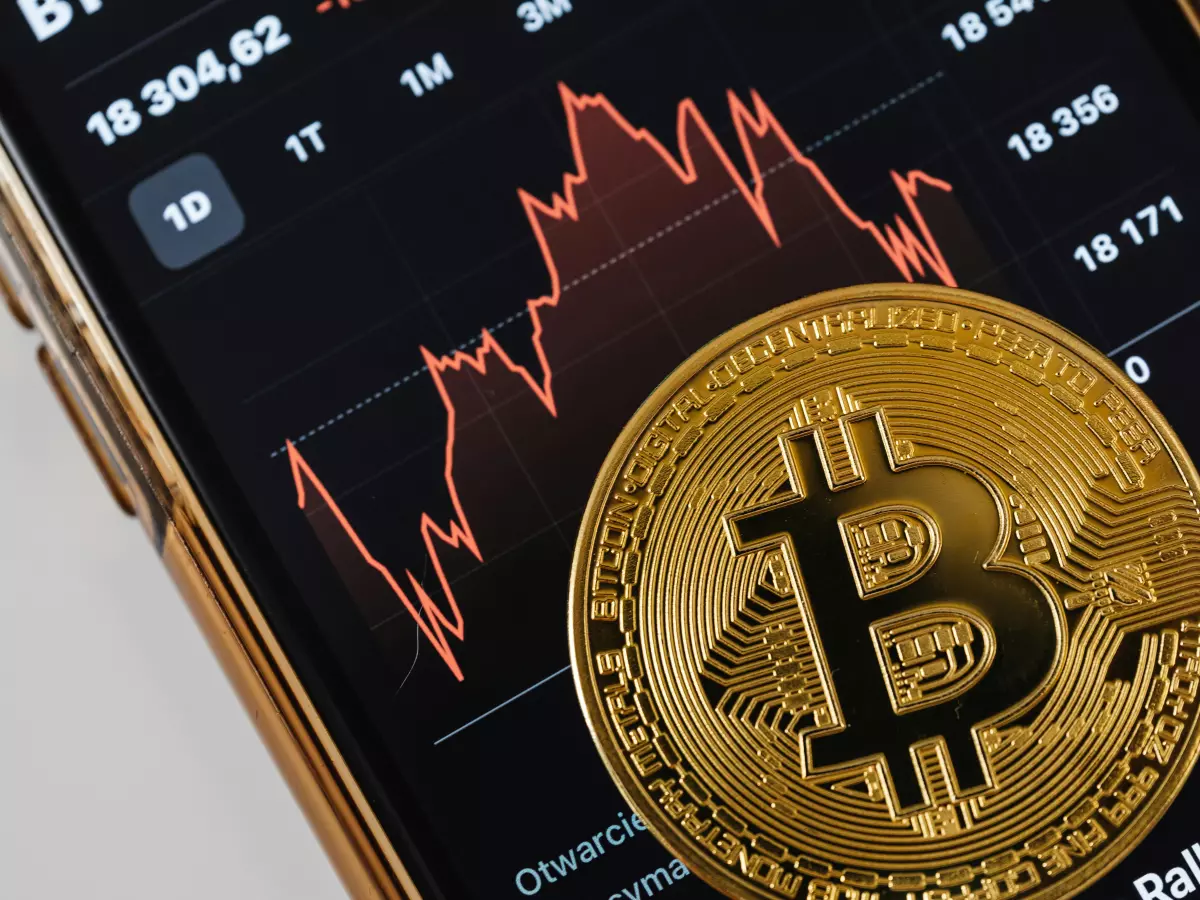Tokenized Assets
What if your next real estate investment was just a token away? Sounds futuristic, right? Well, the future is already here, and it's called tokenization.

By Carlos Martinez
According to Cointelegraph, Digital Asset and DTCC recently completed a pilot project that successfully tokenized US Treasury bonds as collateral. The goal? To speed up transactions, ensure privacy, and stay legally compliant. But here's the kicker: we're not just talking about bonds. Tokenization is creeping into every corner of the financial world, from real estate to art, and it's changing the way we think about ownership.
So, what exactly is tokenization? In simple terms, it's the process of converting real-world assets into digital tokens that live on a blockchain. These tokens represent ownership of a fraction of an asset, making it easier for people like you and me to invest in things that were once out of reach. Imagine owning a slice of a multi-million-dollar property without needing to fork over a fortune. That's the magic of tokenization.
Now, let’s talk about real estate. Coindesk reports that Kin, a digital asset manager, has launched a $100M tokenized real estate fund on the Chintai Network. This is a big deal because real estate has always been a slow-moving, paperwork-heavy industry. Tokenization promises to change that by making transactions faster, more transparent, and—dare I say it—less of a headache. No more waiting weeks for deals to close or drowning in legal documents. Just a few clicks, and boom, you're a property investor.
Why Should You Care?
Okay, so tokenization sounds cool, but why should you care? Well, for starters, it democratizes investment opportunities. You no longer need to be a millionaire to invest in high-value assets. Tokenization breaks down these assets into smaller, more affordable pieces, allowing everyday investors to get in on the action. And because these tokens are on a blockchain, transactions are faster, cheaper, and more secure than traditional methods.
But there's more. Tokenization also opens up new avenues for liquidity. In the past, if you owned a piece of real estate, you were pretty much stuck with it until you found a buyer. With tokenized assets, you can sell your tokens on a secondary market, much like you would with stocks. This means you can cash out whenever you want, making your investments more flexible and liquid.
The Risks
Of course, no investment is without risks, and tokenization is no exception. While blockchain technology offers enhanced security, it's still relatively new, and regulatory frameworks are still catching up. There's also the issue of market volatility. Just because an asset is tokenized doesn't mean it's immune to price swings. So, as always, do your homework before diving in.
But let’s not forget that every major financial innovation has faced its fair share of skepticism. Remember when people thought online banking was a terrible idea? Fast forward to today, and you can’t imagine life without it. Tokenization could very well be the next big leap in how we manage and invest in assets.
In the grand scheme of things, tokenization is still in its early stages, but the potential is undeniable. Whether it's speeding up bond transactions or making real estate more accessible, this technology is poised to revolutionize the way we think about ownership and investment. And who knows? In a few years, you might be bragging about your tokenized art collection or your fractional ownership of a skyscraper.
As history has shown us, innovation in finance often starts with a small step that eventually leads to a giant leap. Just like the stock market transformed how we invest in companies, tokenization could be the key to unlocking new financial frontiers. So, are you ready to take that leap?





